MoFA pledges stronger support for women in Agriculture
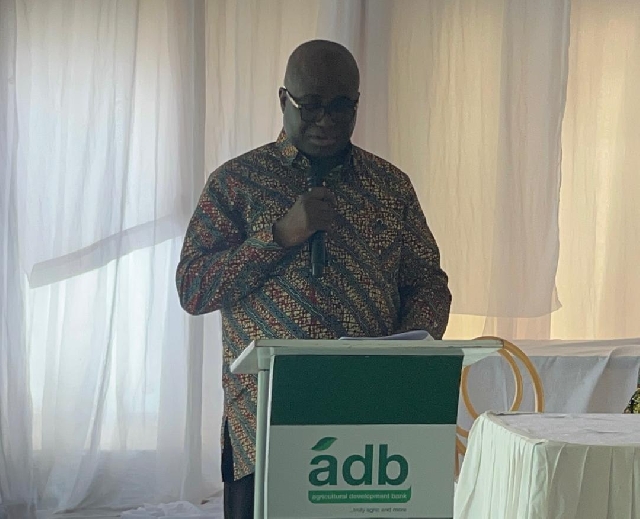 Eric Opoku
Eric Opoku
The Ministry of Food and Agriculture (MoFA) has reaffirmed its commitment to empowering women in agriculture, announcing plans for closer collaboration with the Ghana Association of Female Agricultural and Fish Farming Award Winners (GAFAFAW) to promote gender-responsive policies, training, and market access.
Speaking at GAFAFAW’s 2025 Annual General Meeting and Induction Ceremony in Accra, the Minister for Food and Agriculture, Hon. Eric Opoku, said Ghana’s agricultural transformation agenda cannot succeed without the active participation of women.
The event, themed “Rooted in Experience, Rising in Leadership: Rural Women at the Heart of Agricultural Transformation,” brought together women farmers and fishers, policymakers, and development partners to push for stronger women’s leadership in agriculture.
Hon. Opoku outlined ongoing interventions under the Agriculture for Economic Transformation Agenda, including the Feed Ghana Programme, which focuses on expanding access to modern farming technologies, promoting climate-smart agriculture, supporting value addition, and creating new markets for women-led agribusinesses.
He praised GAFAFAW for its contributions since its establishment in 2023, particularly its role in shaping agricultural policy, mentoring smallholder farmers across all 16 regions, and supporting the recognition of Madam Charity Akortia as Ghana’s first female National Best Farmer.
Chairperson of GAFAFAW, Madam Ernestina Osei Tutu, described the Association as a collective of resilient women “rooted in farming experience and now rising in leadership to transform agriculture in Ghana.”
She reflected on the Association’s journey since 2023, noting its independence, strong advocacy for women farmers, and the resilience of its members in the face of challenges such as the closure of USAID’s Policy LINK programme.
Madam Osei Tutu reaffirmed GAFAFAW’s mission to amplify the voices of women farmers in policy-making, improve access to land and resources, and mentor the next generation of women leaders in agriculture.
Source: Classfmonline.com/Samuel Gyasi
Trending Business

Sports Minister strengthens Ghana–Türkiye ties at World Cooperation Industries forum
03:16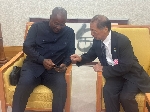
President Mahama in Japan for TICAD 9
11:39
Bank of Ghana scales back forex market interventions amid IMF concerns
13:29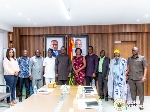
Energy Minister inaugurates new GRIDCo board
08:29
Auditor-General flags GH¢138.9bn discrepancy in public debt records
12:23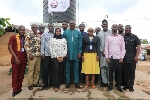
PURC boss calls for stronger stakeholder collaboration in utility sector
14:12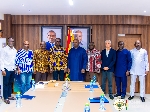
Energy Minister meets new WAPCo MD, reaffirms partnership in Ghana’s energy sector
11:32
Volta Rising: Region gears up for Ghana’s first round-the-clock trade fair
11:38
Organised Labour pushes for further minimum wage increase
07:16
Revenue gains from DP stickers not your achievement – DVLA CEO made aware
10:51




